Regarding the reopening of the border between Colombia and Venezuela, and the commercial opportunities that this could entail, the Bogotá Office of Diaz Reus reminds the importance of complying with the Sanctions related to Venezuela administered by the Office of Foreign Assets Control («OFAC Sanctions»).
What are OFAC Sanctions?
OFAC is the Treasury Department agency that administers and enforces economic sanctions in coordination with other executive branch agencies, such as the Bureau of Industry and Security of the U.S. Department of Commerce, and various subdivisions within the U.S. Department of State and the Department of Justice. These economic sanctions or «OFAC Sanctions» are instruments of U.S. foreign policy to bring about change in the behavior of countries, organizations and individuals.
OFAC applies two types of economic sanctions against a country: comprehensive (also known as «embargoes») and non-comprehensive. The former prohibits all transactions between the sanctioned country and U.S. citizens, permanent residents, all persons and entities within the U.S., and all entities incorporated in the U.S. and their foreign branches («U.S. Persons»). On the other hand, the non-comprehensive sanctions limit only certain types of transactions involving the OFAC-designated country.
The OFAC Sanctions related to Venezuela are non-comprehensive. In that sense, they prohibit transactions that are defined in the U.S. President’s Executive Orders («E.O.’s»).
Who must comply with OFAC Sanctions?
U.S. Persons must comply with OFAC Sanctions regardless of where in the world they are located. Additionally, foreign persons conducting business in or with the U.S., U.S. Persons, or using U.S. goods or services, must also comply with the OFAC Sanctions because foreign persons who conspire to violate, or cause a violation of, these economic sanctions may face civil or criminal prosecution in the U.S.
In addition, foreign persons who violate OFAC sanctions, regardless of their U.S. ties, may be placed on the Specially Designated Nationals List («SDN» list) as a secondary sanction.
Why is it important to comply with OFAC Sanctions Related to Venezuela?
Persons (natural or legal) who violate the OFAC Sanctions related to Venezuela are exposed, for each event of violation of these sanctions, to civil penalties of up to USD $250,000. If the violation of the OFAC Sanctions is committed intentionally or by leaving its occurrence to chance, the person may face a criminal penalty of up to 20 years imprisonment, with fines of up to USD $1,000,000. Additionally, OFAC has used its authority under the U.S. President’s Executive Orders to place individuals on the SDN List who violate its sanctions related to Venezuela.
What Can Be Done To Prevent OFAC Sanctions Violations?
Conduct an OFAC review of any transaction involving sanctioned persons or countries to confirm whether you need OFAC clearance. If necessary, request specific licensing or interpretive guidance from OFAC before moving forward with the transaction. Companies and financial institutions can prevent, detect and react appropriately to OFAC Sanctions violations by designing and implementing a Sanctions Compliance Program (SCP).
Having an effective PCS in place is also a significant favorable factor that OFAC will consider when deciding whether to impose sanctions based on an apparent violation of its regulations, or to assess the appropriate penalty. Likewise, the design and implementation of this program makes it easier to identify and denounce illegal practices that may be being used to the detriment of the organization by its various counterparties (customers, investors, suppliers, among others).








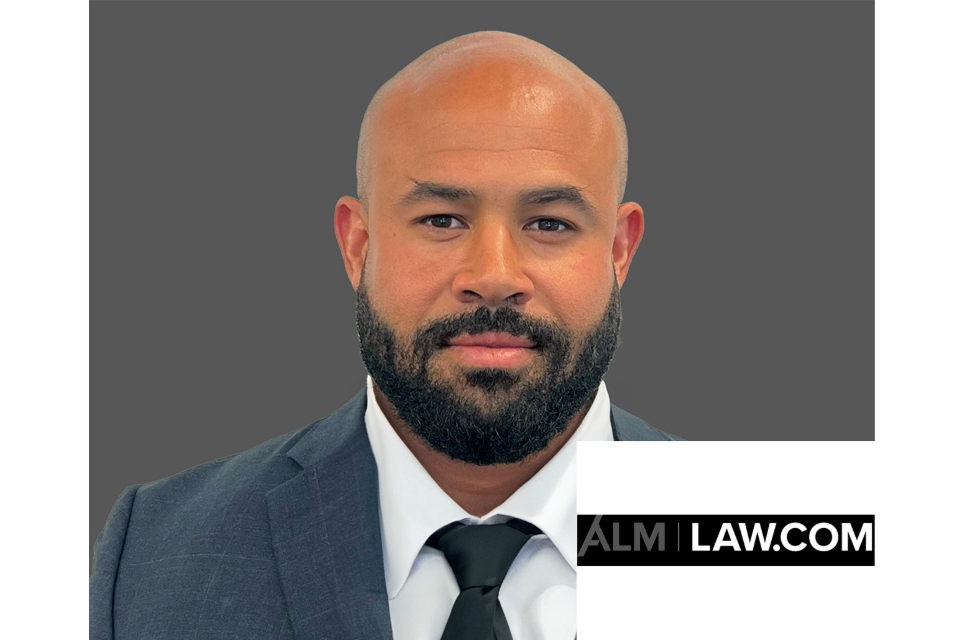



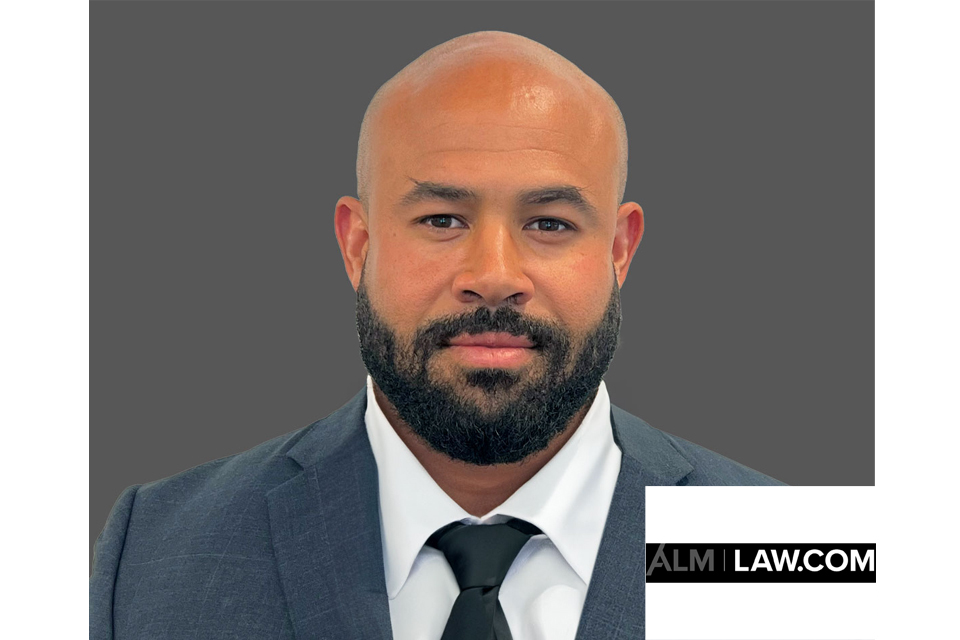






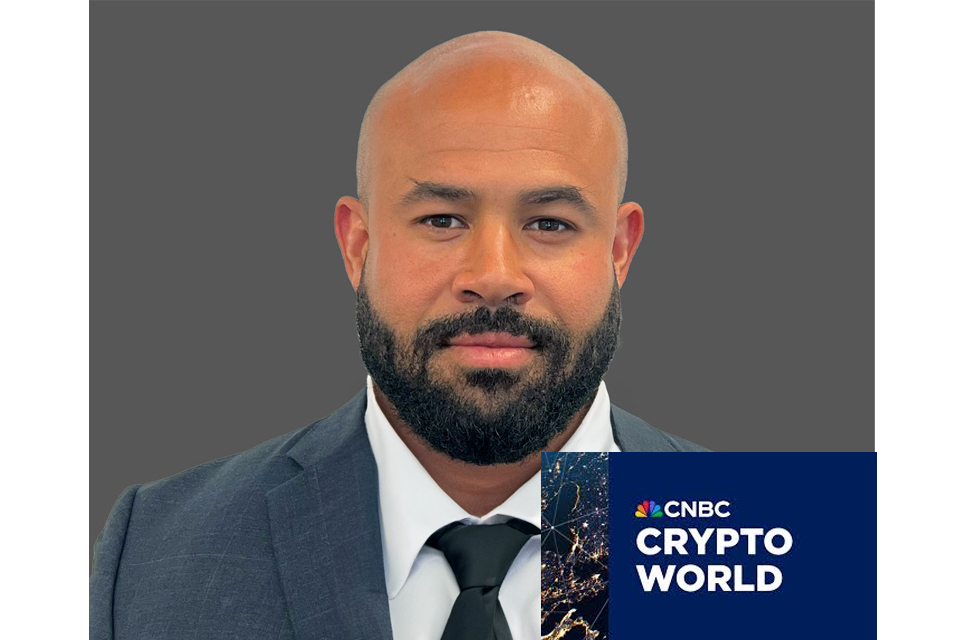



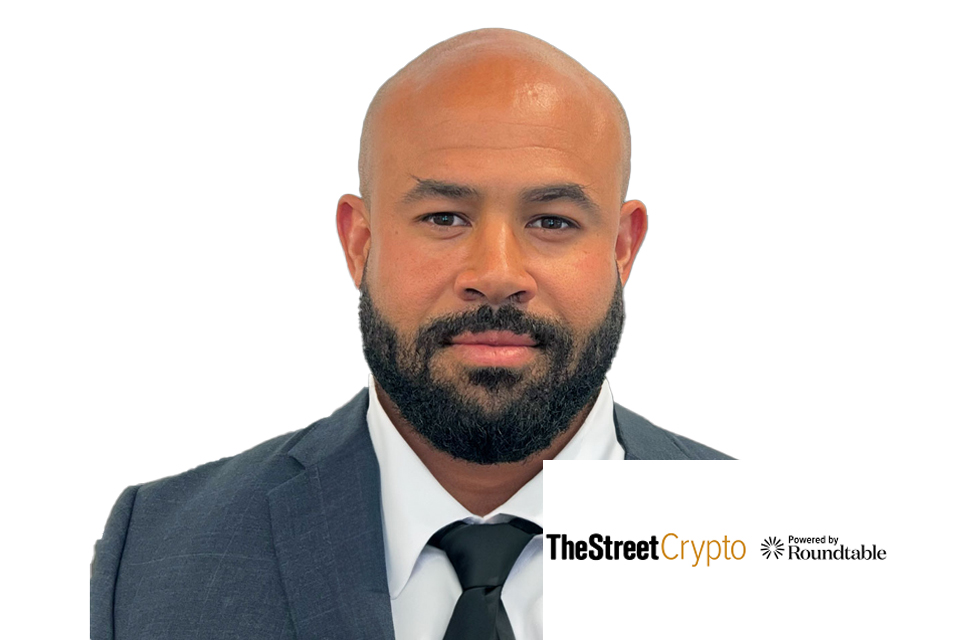












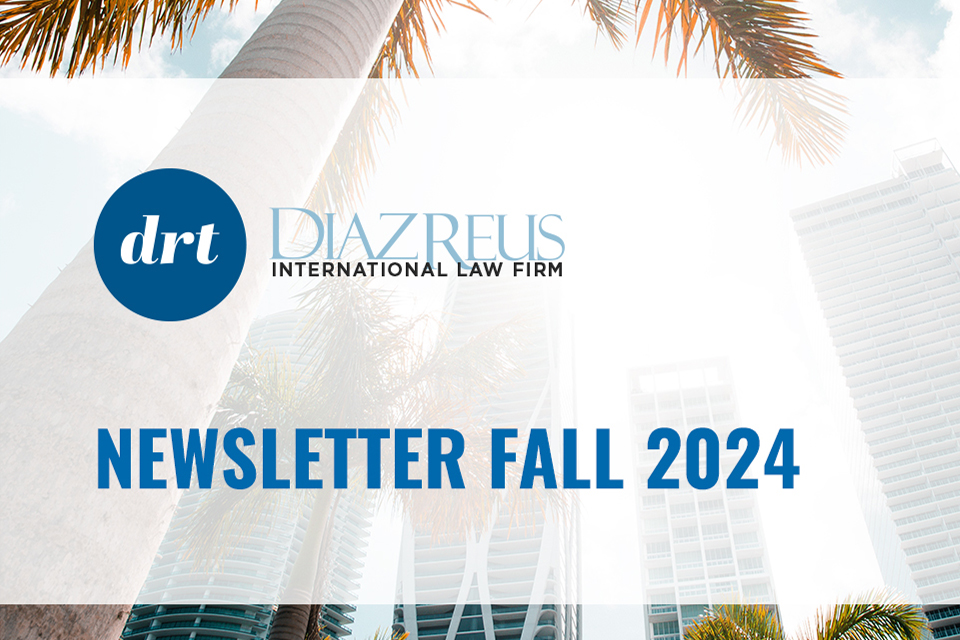





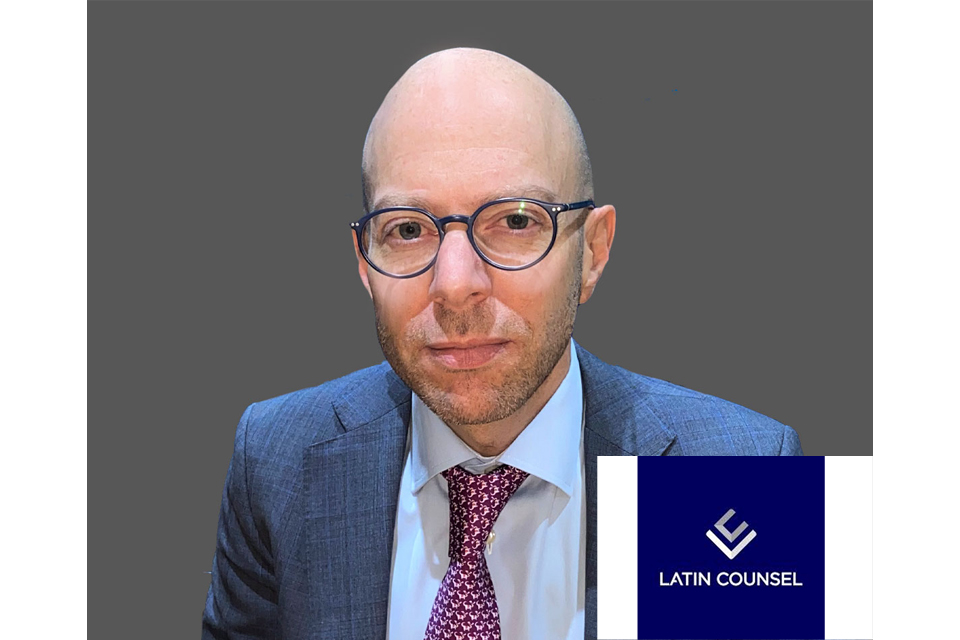






































![Especial abogados Salón de la Fama[61] 4](https://diazreus.com/wp-content/uploads/2023/06/Especial-abogados-Salon-de-la-Fama61-4-1-pdf.jpg)



























































































































































































